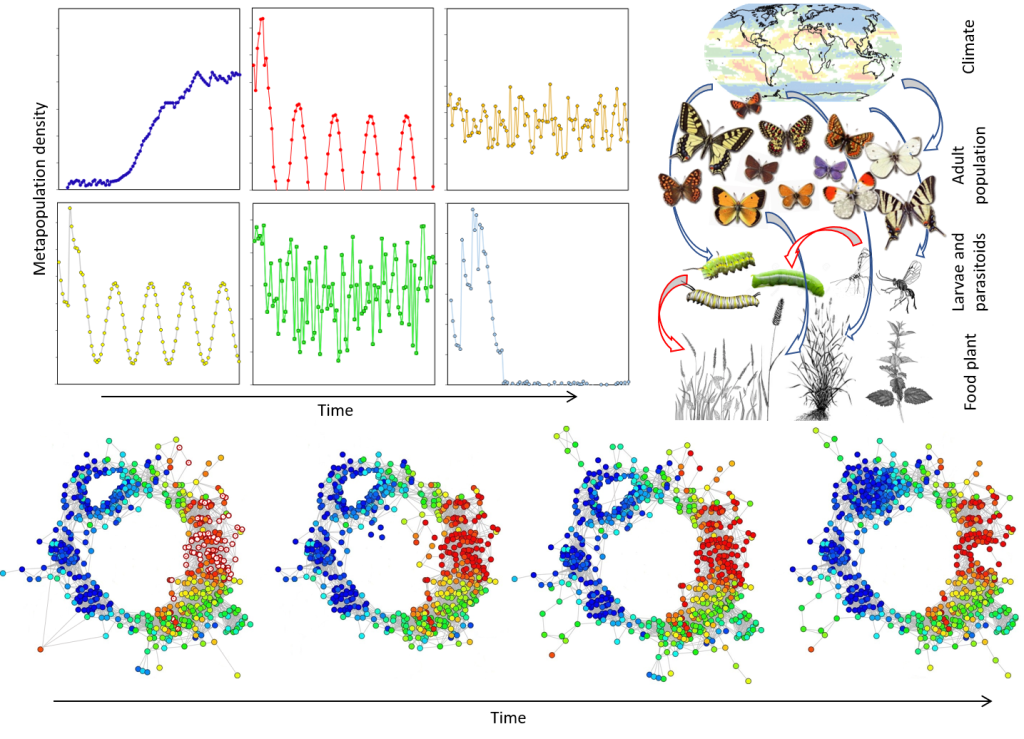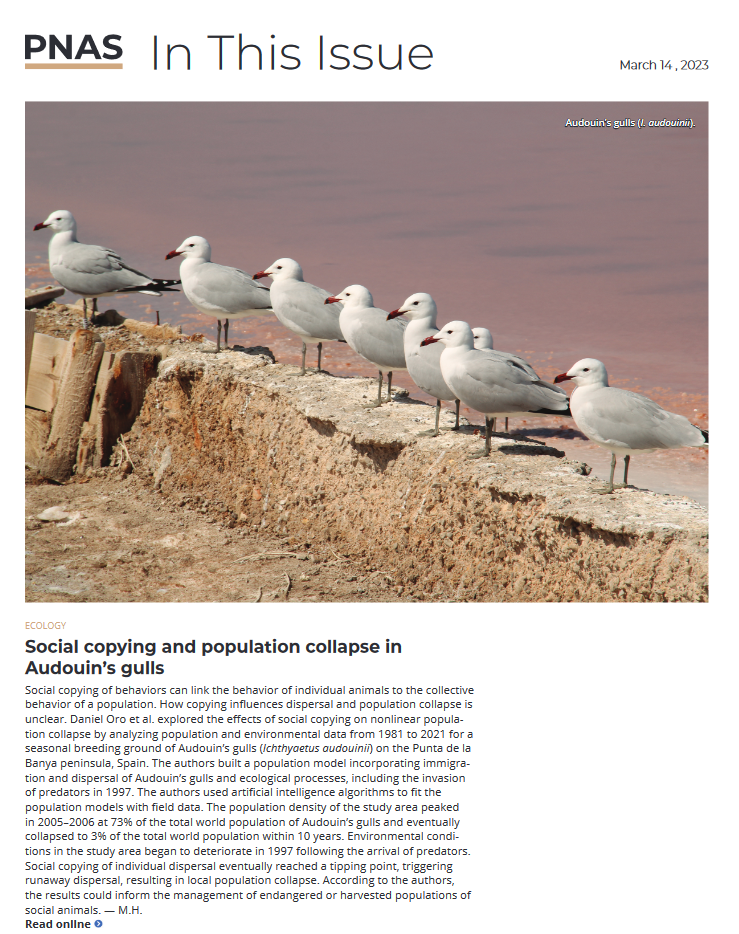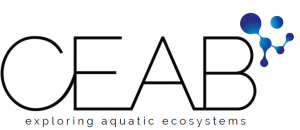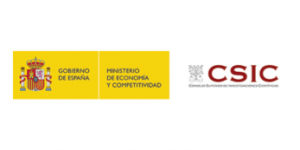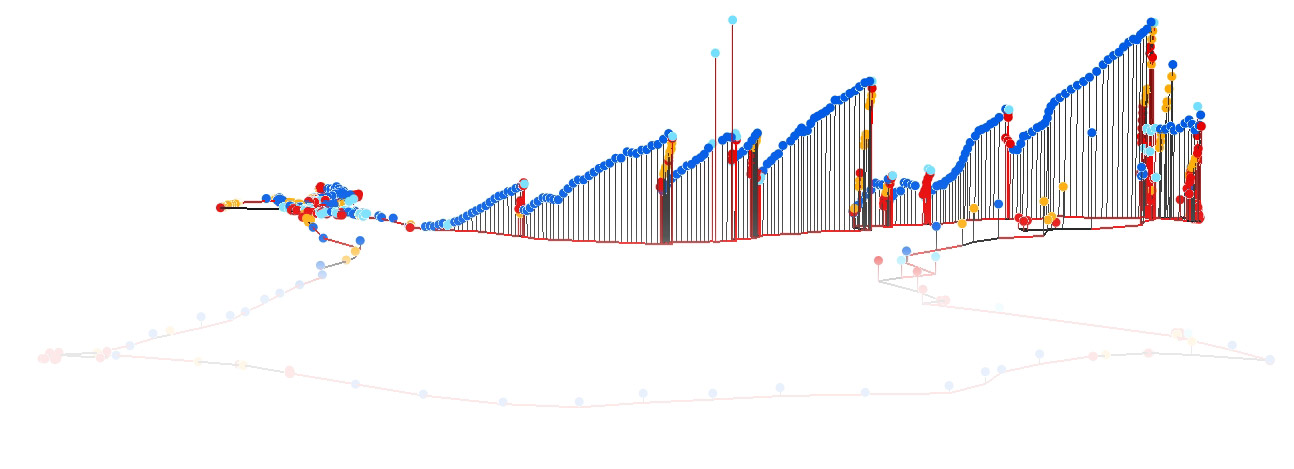
Theoretical and computational ecology laboratory
Our aim is to provide conceptual advance to ecological theory using as essential tools mathematical and computational techniques. By empowering ecology with fundamental principles of stochastic processes and quantitative methods, we are particularly interested in building a bridge between theory and data. We are a highly collaborative and multidisciplinary research group that develops specific research lines and provides general theoretical foundations of observational and empirical research in ecology. The group is particularly strong in the analysis of data-rich systems (field or lab) in the context of (1) Population Ecology, (2) Community Ecology and Biodiversity, (3) Movement Ecology, (4) Invasion Biology, and (5) Epidemics. Currently, our research focuses on:
(1) The development of size- and stage-structured population and demographic models to understand fluctuating spatio-temporal patterns in ecological data.
(2) The mechanistic understanding of biodiversity community patterns through stochastic models in a wide range of ecological systems (coral reefs, microbial communities).
(3) The quantitative analysis and modelling high-throughput animal movement data, and the development of random search and foraging theory based on the use of model organisms (e.g. nematodes, ants).
(4) The modelling of invasive species (Aedes mosquitoes, marine species), for the case of mosquitoes including citizen science and smartphone technologies.
(5) The modelling of mosquito-borne diseases and zoonotic disease risk transmission.
In sum, we are passionate about the discovery of general principles and how they may apply to ecology. We are interested in the application of universal principles of complex adaptive systems to ecology and value the mathematical approach as a way to develop predictive and conceptual models to bring light to current ecological problems.
Research areas

Population and Movement Ecology
Despite population ecology is one of the most treated issues in ecological theory and its applications, there are still a large number of open questions.
We contribute to the current scientifc revolution in ecological data developing data mining techniques and new statistical and modelling tools, aiming to understand to infer and understand behaviour from hight-troughput ecological data.

Community Ecology and Biodiversity
Ecology studies interactions between organisms within their dynamic environments. Our research focuses on the study of the main factors controlling biodiversity and community composition across spatio-temporal scales.
We work with data from different systems, from litoral communities along the Catalan Cosast to coral reef fishes in the Indic Ocean.
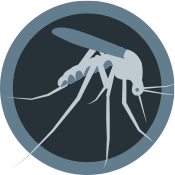
Disease Ecology and Invasion Ecology
The intimacy of the relationship between hosts and their parasites is astonishing. Host and parasites have co-evolved for a long period of time. Due to their relevance for public health issues, infectious diseases, provide extended spatio-temporal data sets.
Our aim is to understand the interplay among environmental factors, the dynamics of disease transmission and the stochasticity of the infection.
